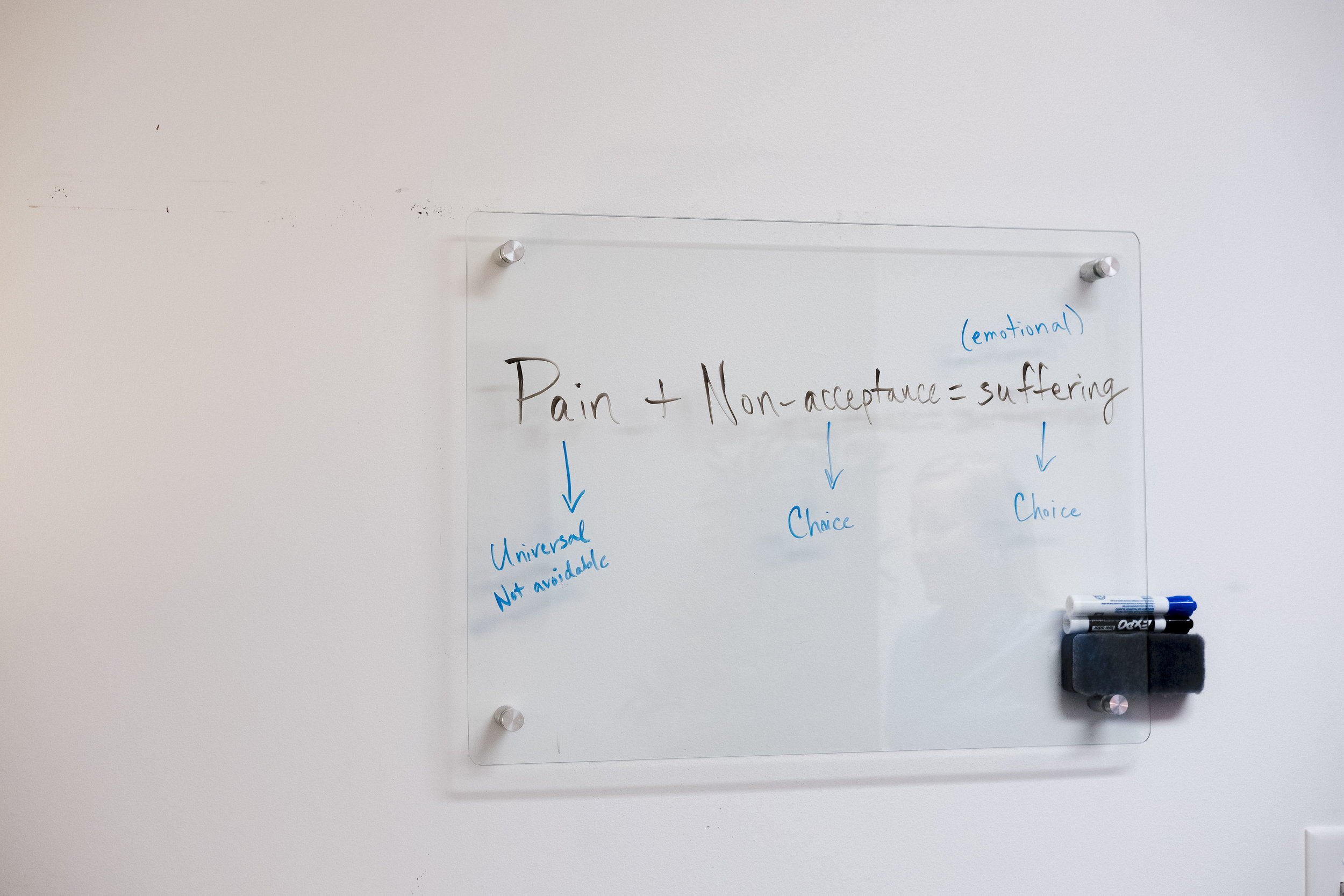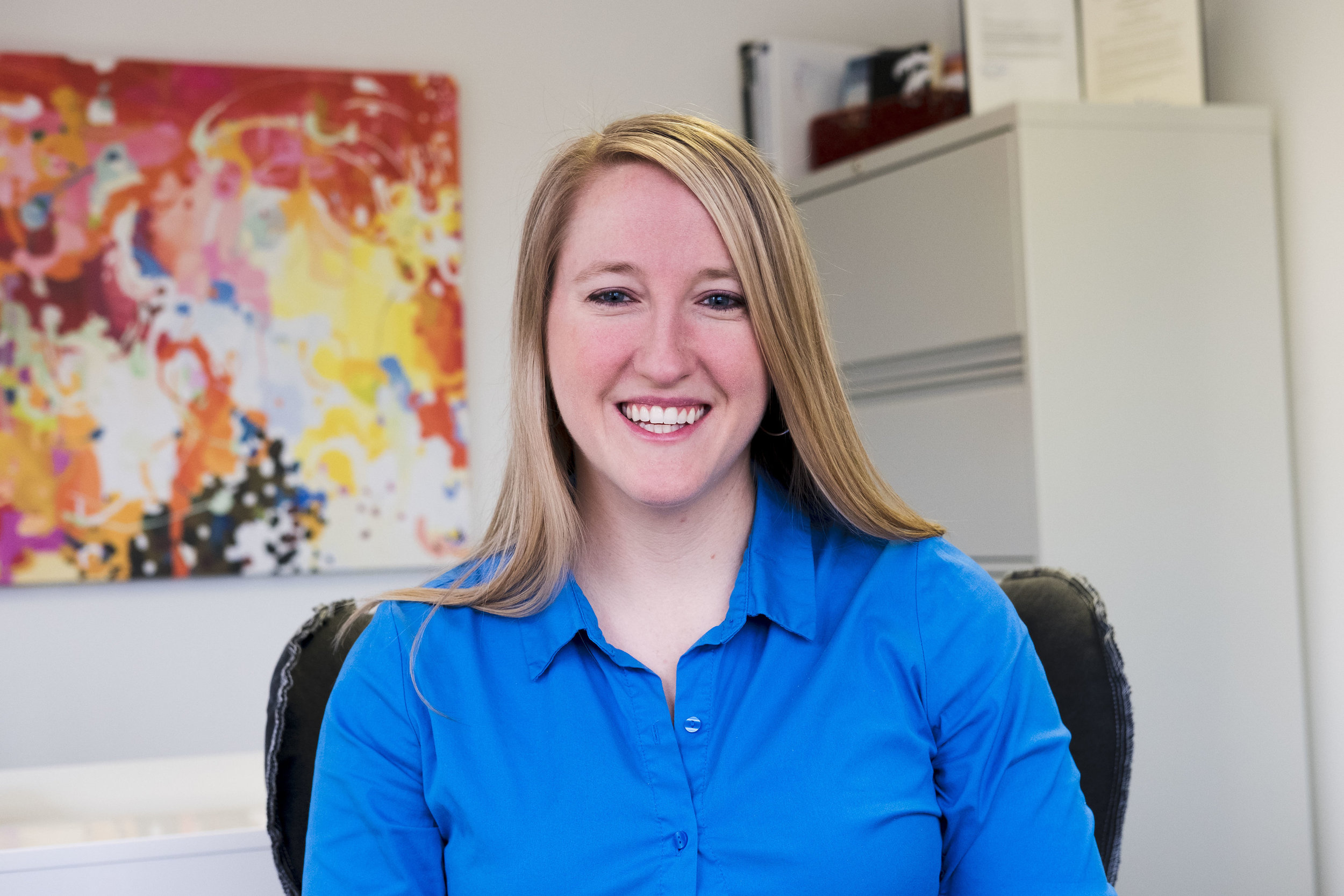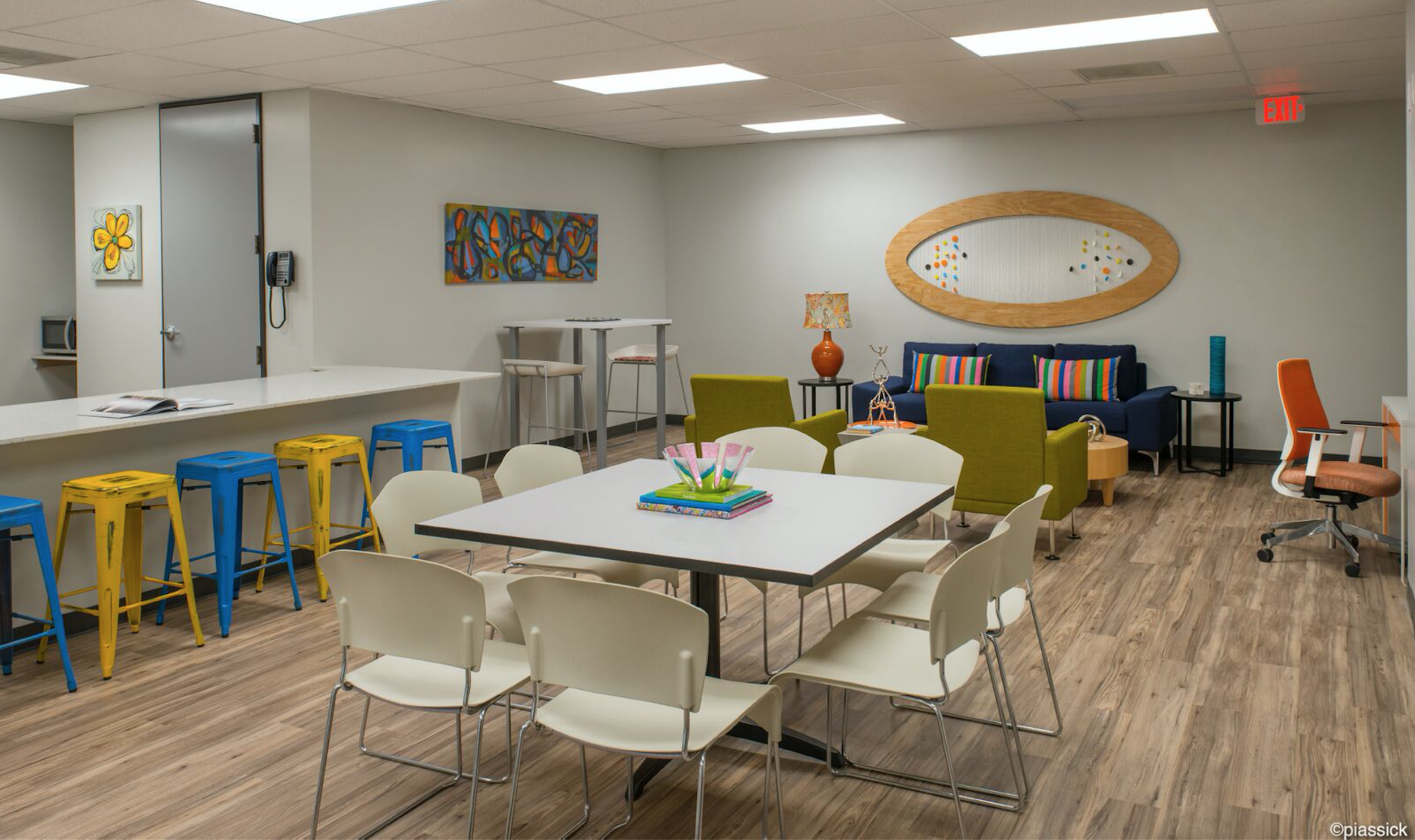Stephenie loves to fly. Raised by two generations of missionary pilots, she spent her childhood traveling through Mexico and Latin America with a home base in Grand Prairie, TX. “I’m a little Mexican on the inside,” Stephenie proudly admitted, tucking a strand of blonde hair behind her ear. “My dad was raised in Mexico and the culture is a part of me.” So, in 2005, when Stephenie stood at the edge of a tomato field near the Florida Everglades and saw a dozen Mexican migrant farm workers living inside a single wide trailer with no air conditioning, she viewed each of those individuals as family. “Just by nature of being on US soil, they are devalued and mistreated and considered disposable,” Stephenie shared. It was in this moment that her abstract thoughts about human trafficking were given flesh and blood.
Stephenie Davis with a childhood friend in Mexico.
In 2003, at 16 years old, Stephenie graduated from her Dallas-area high school and made the move to Gainesville, Florida. Her college career started with Spanish classes and then she transferred to the Linguistics program at University of Florida. But Mexico was still calling. Stephenie spent summers in Mexico, surrounded by her Spanish-speaking community, and finished her last semester of college there as well. When she returned to Gainesville her thoughts about long-term foreign travel suddenly shifted. “I always thought I would move to another country after graduation, but I saw that there are people in my own neighborhood that need help and that I can serve,” Stephenie shared. Joining an immersive church internship, she moved into a low-income neighborhood in Gainesville, creating intentional community through mentoring, children’s events, and service.
Stephenie Davis with two friends in Ecuador on her 11th birthday.
It was during this time that Stephenie learned about labor trafficking in the Immokalee area of Florida and began researching the details of human trafficking. Connecting with the Coalition of Immokalee Workers, she began sharing what she learned with her community and organizing trips to serve the migrant workers just five hours south of Gainesville. The International Labor Organization estimates that, out of the 24.9 million people trapped in forced labor worldwide, 16 million people are exploited in the private sector such as domestic work, construction or agriculture; 4.8 million persons in forced sexual exploitation, and 4 million persons in forced labor imposed by state authorities. After witnessing these atrocities first hand, Stephenie knew she needed to dedicate her life to the cause of freedom.
But the path to helping in the modern-day abolitionist movement wasn’t perfectly clear. A series of small steps helped Stephenie to build her knowledge about trafficking – working with a local organization to raise awareness about trafficking, meeting with missionaries who worked rescuing girls from trafficking in India, and then taking a job in west Florida at ITEC, a missionary organization focused on new technology and aviation. As part of her role at ITEC, Stephenie traveled to a medical missions conference in Kentucky and attended her first human trafficking workshop. Dr. Katherine Welch spoke about the trauma created by the trafficking experience and after the workshop, Stephenie told Dr. Welch about her desire to help trafficking victims. The two women stayed connected and Dr. Welch continued to mentor Stephenie via email. “She was encouraging and realistic,” said Stephenie. “She told me that if I wanted to affect change I needed to get a skill and find out where it intersects with this population I wanted to serve. But for a long time I didn’t know what that looked like.”

Photo by Hunter Lacey.
So Stephenie began searching and exploring her options. She finished a year with ITEC then moved back to Gainesville. She imagined a move to Immokalee to continue her work with labor trafficking victims, but when that door closed, she spent a year as a nanny for a family with five children. “It was a highly frustrating period of my life, but I needed that time to wrestle with all of the ideas in my head. It helped me to build a foundation of a sustainable model of helping people,” shared Stephenie.
With a degree in linguistics, Stephenie had plenty of career options but nothing stuck. “I looked into so many jobs – the Peace Corp, FBI, Wycliff, but I really didn’t want to go back to school,” she admitted. Then in 2011 Stephenie remembered someone mentioning a need for counselors. It was then she took a job at a crisis pregnancy center and made the big decision to apply to graduate school. It turned out to be the turning point in her career. Her research during grad school was anchored on trafficking and complex trauma – she had discovered the intersection that Dr. Welch told her to find.
To gain access to the internships Stephenie needed to finish her degree, a move back to Dallas was the obvious choice. At the top of her list of trafficking-related organizations was New Friends New Life, a Dallas nonprofit that restores and empowers formerly trafficked girls and sexually exploited women and children. At the time, they didn’t need any student interns, so Stephenie began accumulating her internship hours at a community mental health agency in Garland. The next spring New Friends New Life had an opening and she transitioned to an intern counselor in their program.

Photo by Hunter Lacey.
Stephenie stayed with New Friends New Life after earning her Clinical Mental Health Counseling degree, working her way into a full-time role as a bi-lingual Mental Health Clinician. Her days are filled with private counseling sessions, as well as group sessions at the Dallas juvenile detention center. “The juvenile detention center is close to my heart. I’ve always loved working with teens. Give me all the eye-rolling, mouthy teens with all the attitude,” Stephenie said with a smile. “If a teen has been incarcerated at any point, we know that their risk for being trafficked is increased, but sadly, there are already plenty of incarcerated teens who have been commercially sexually exploited.”

Common area in the New Friends New Life Youth Resource Center. Photo courtesy of New Friends New Life.
Stephenie is also excited about the growth and expansion taking place at New Friends New Life. This month the organization opened a Youth Resource Center for girls in the Dallas community. Offering survivors of sexual exploitation a safe place to heal, The New Friends New Life team will also offer holistic services at the Youth Resource Center such as trauma-informed counseling, case management, life skills development, art and creative expression, and educational support.
Stephenie’s career as a counselor is just beginning, but after years of searching she has found her wings. And now she is helping women and girls who have been exploited to learn how to fly.
If you’d like to learn more about New Friends New Life and how you can get involved with their work in Dallas, please visit their website.
If you know someone who is Doing Good in Dallas, we’d love to hear about it! Share their story with us.
Story by Mary Martin.

